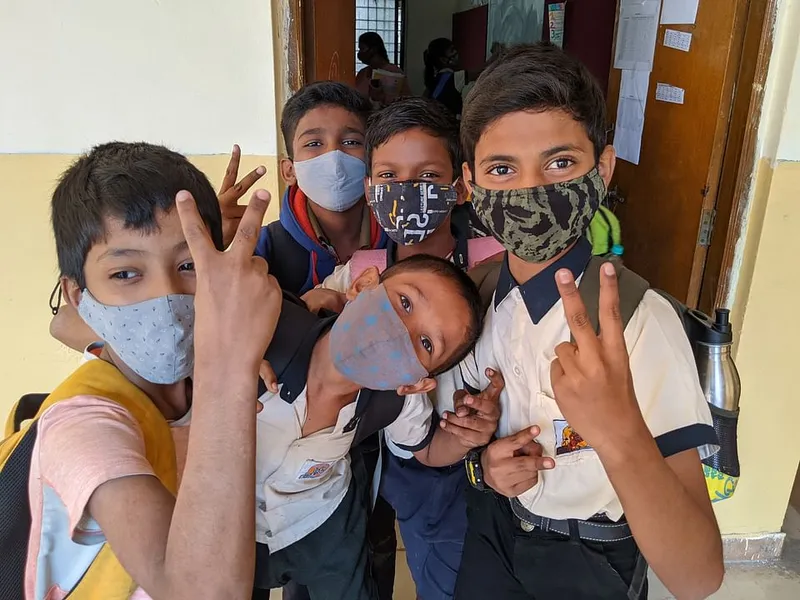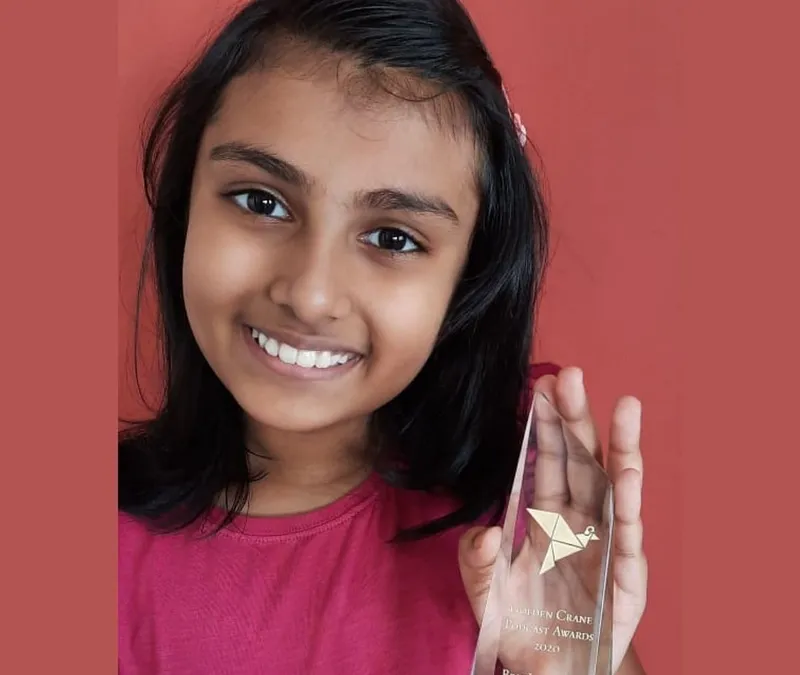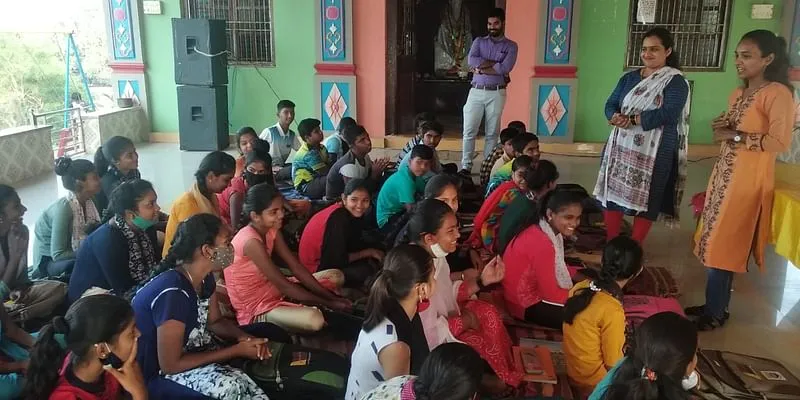From a podcast by a child for children to getting students back to school, the top Social Stories this week
This week, SocialStory brought out stories that focused on post-pandemic challenges in education, as well as looked at how technology can make a difference in environmental protection.
As schools reopen after the pandemic, the focus is to bring the children back and address the learning loss that has happened during the lockdown.
SocialStory interacted with two such organisations this week. While Akansha Foundation focuses on academic learning, emotional wellbeing, and engaging with students’ families and the community, the Bharat Edtech initaitive supports students with tools necessary to bridge learning losses.
How the Akanksha Foundation ensured that 95 percent students returned to school after the pandemic
According to the Ministry of Education, more than three million children are no longer in school. Unofficial estimates place the dropout rate at a far more alarming 20 million.

More than two-thirds of the students who attend the Akanksha Foundation's schools come from family wage families.
The government and NGOs have been making significant efforts to encourage students to go back to school.
Among them is the Akansksha Foundation (Akanksha), a non-profit organisation that has been educating children from low-income homes across Mumbai and Pune for over 30 years. Since starting as an after-school programme in 2007, today Akanksha runs 27 schools in Mumbai, Pune and Nagpur with 575 teachers and 10,000 students.
With schools reopening, Akanksha has seen over 95 percent of their students return to school. This is a significant achievement, given that the majority of students come from families where the parents are migrant workers.
This 10-year-old is creating awareness about plastic pollution among children through her podcasts
Ten-year-old Siyona Vikram is more assertive of her mission than her age. A podcaster, speaker, and social entrepreneur, Siyona was born and brought up in the UK for the first eight years of her life. She now lives in Bengaluru and studies at Jain Heritage School (JHS), Hebbal.

When Siyona was 7, she discovered podcasts and loved the idea. She researched and listened to many children's podcasts, but also realised there were almost no podcasts for children that would inform them about current global events and educate them further on the limited information available in their textbooks.
Hence, she decided to start her own podcast -- Little Mind Chats -- to do what she’s passionate about. The punchline of her podcast is ‘Minds are little, not our thoughts’.
Bharat Edtech Initiative aims to bridge learning divide for economically underprivileged children
The School Children's Online and Offline Learning (SCHOOL) survey, August 2021, says that only eight percent students from rural India have been studying online ‘regularly’ and about 92 percent of children have lost at least one language ability from the previous year across classes.

The reasons for this extend beyond device access to consistent access to digital learning, among others. Bridging this digital divide calls for a holistic approach; one that goes beyond providing access.
Launched in 2021, Bharat edtech Initiative (BEI) is a collaboration of 36 partner organisations, who have come together and adopted a multi-pronged approach to ensure that digital learning leads to improved learning outcomes for students, consistently.
These 5 tech innovations can protect wildlife and Earth
According to the United Nations, the world loses around 4.7 million hectares of forest area every year.
While planting billions of trees to combat deforestation globally is an expeditious and potential way to reduce carbon dioxide from the atmosphere, we need long-term solutions to protect the earth from environmental emergencies.

Modern technologies — drones, cloud technology, data analysis, and artificial intelligence (AI) — are effectively used to revolutionise wildlife conservation efforts.
In 2020, AI was valued at $62.3 billion. It is expected to value at $997.77 billion by 2028, growing at a CAGR of 40.2 percent.
The respondents involved in AI projects state that in the next three to five years, AI-enabled medical devices are predicted to reduce average global emissions by 18.3 percent.
Edited by Teja Lele






